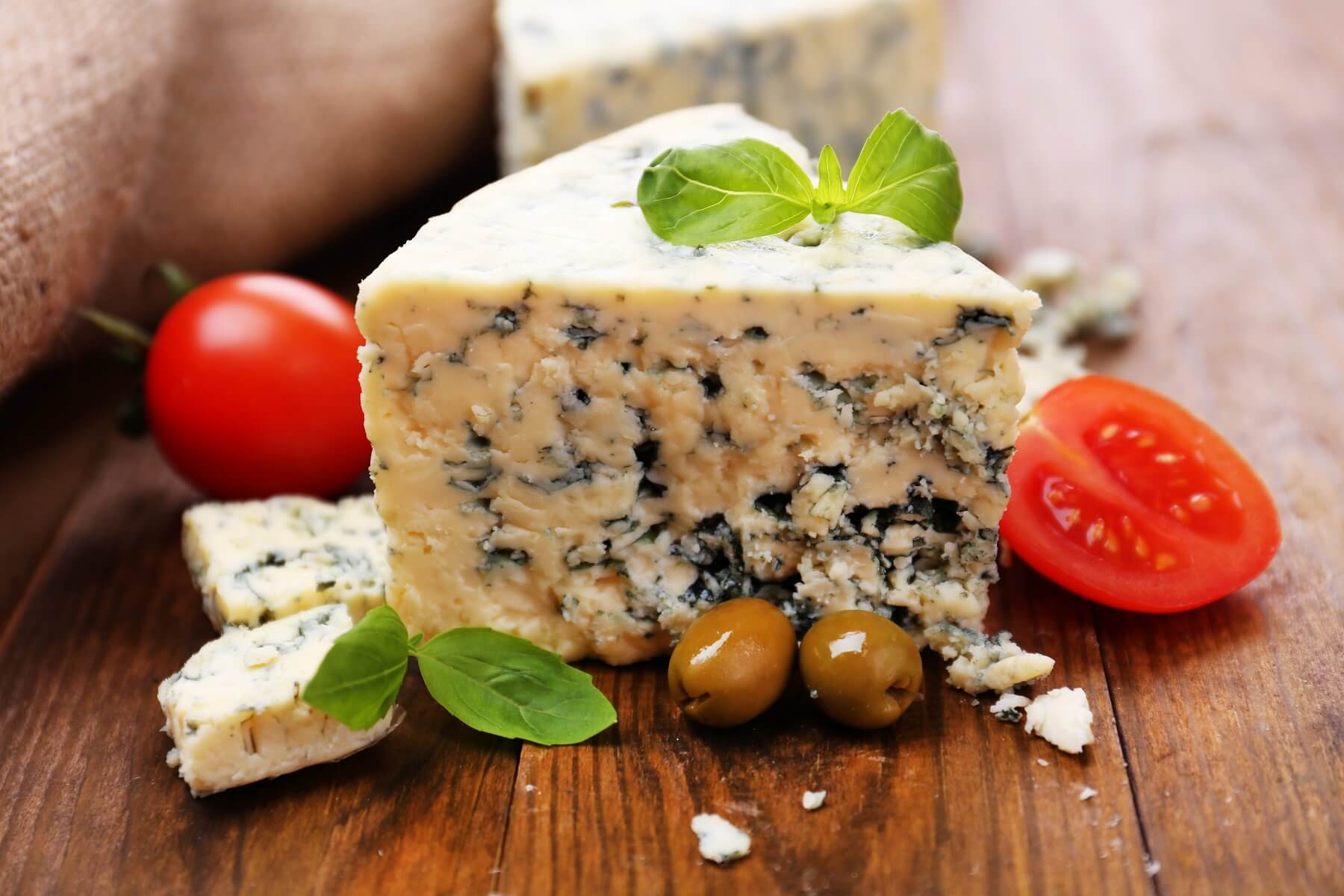

Here’s a short list of some ‘problem’ foods that you should either avoid when drinking wine… or that you should pair with my personal recommendations for a real taste sensation!
Food and wine pairing can be a tricky business at the best of times. Managing to balance the flavours of your dish with the character and strength of your wine can take a bit of thought, which is why so many of us leave the decision up to a sommelier, or increasingly use apps and websites to do the hard work for us.
To make things that little more difficult, there are some foods and ingredients which are really, really hard to pair with wine. However, I’m always up for a challenge, and I do believe that there is a wine out there for every food.
So, with that in mind, here’s a short list of some ‘problem’ foods that you should either avoid when drinking wine… or that you should pair with my personal recommendations for a real taste sensation!
Asparagus
No list of dodgy wine pairings would be complete without a mention of this green vegetable. It’s notorious for making most wines taste dreadful, with its grassiness and overpoweringly vegetal flavours bringing out a range of bitter, metallic, clashing flavours when it meets wine on your palate. It doesn’t seem to make much difference how it is cooked, either - you can roast the stuff, grill it, steam it, poach it for hours in a bain marie… it still seems to have the same effect. It’s a real shame, because asparagus is delicious.
The solution? Pair it with Gruner Veltliner. This underrated white wine is the signature varietal of Austria, and it’s absolutely bloody gorgeous (on a personal note, it’s my go-to wine for pairing with a huge range of dishes, not least spicy, Asian-inspired food, as well as a favourite to drink alone on a sunny day). The acidity and needle-sharp clarity of a good Gruner will cut through the greenness of the asparagus, and actually enhance the flavour of this tricky veggie.
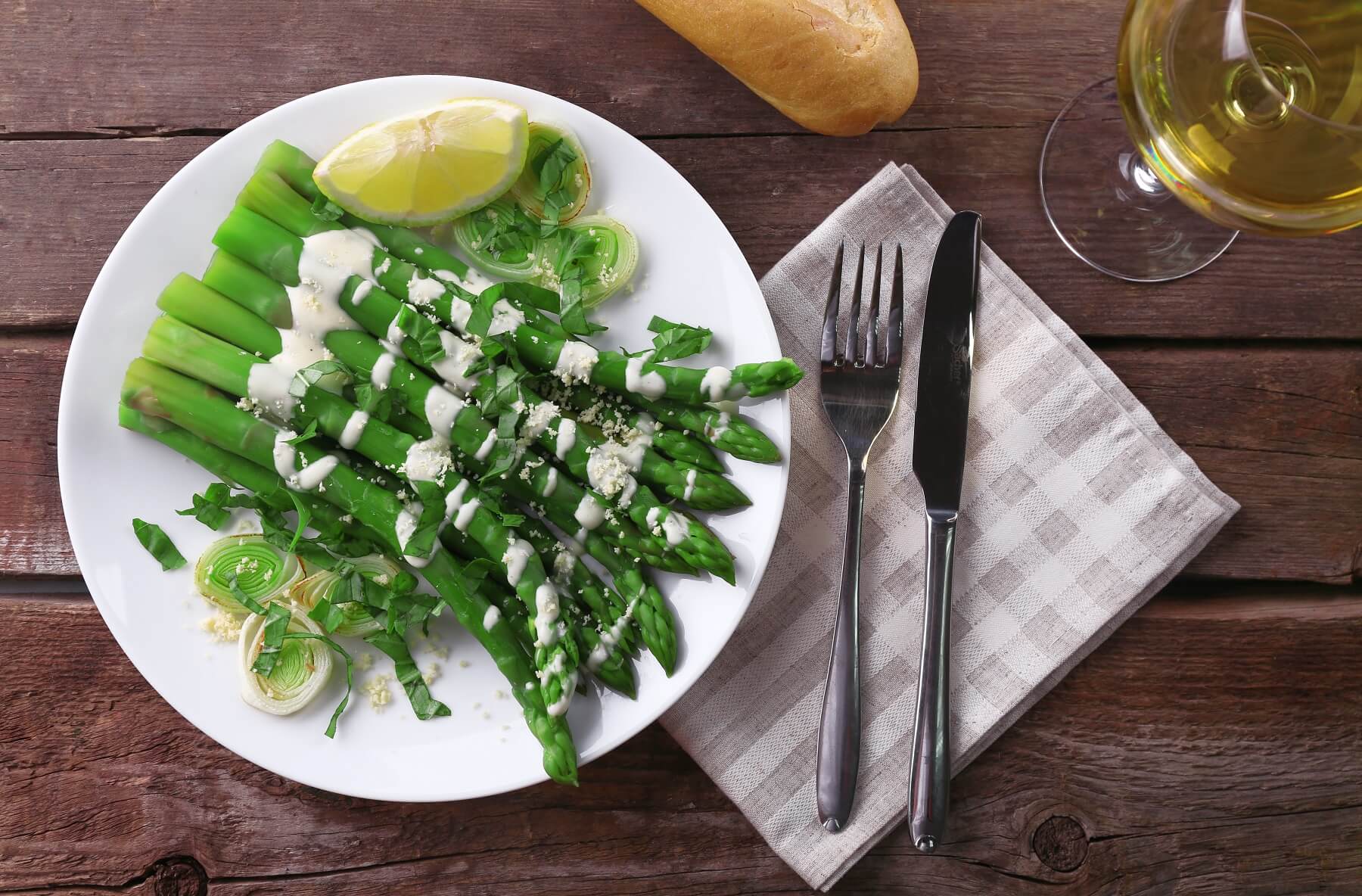
Barbeque Sauce and other Ketchups
One of the main food trends of the past couple of years has been the rise of the posh barbeque, with street foods and burger van dishes being given the gastro treatment. This has seen an increase in the use of barbeque sauces and similar ketchups, and there have been plenty of well-made, interesting and artisanal examples on the market which are well worth adding to your cupboard.
The problem is, that mix of sweetness, smokiness, acidic vinegar and fruity spice is an absolute bloody nightmare to match with wine.
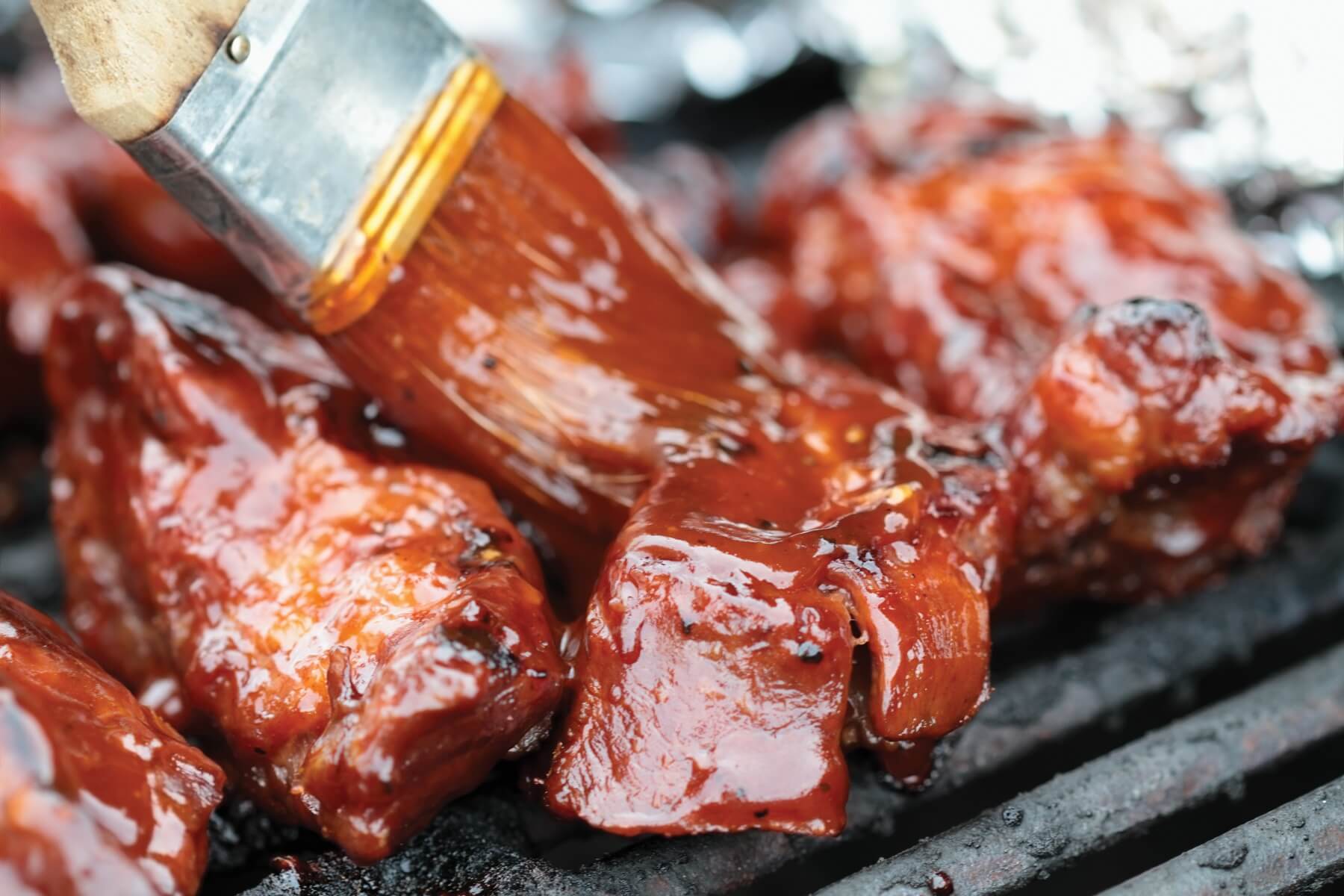
The only wine I can find which has both high acidity and residual sweetness is Riesling. If you haven’t already fallen in love with this Germanic grape varietal (there are some truly superb examples coming out of Australia at the moment) then you haven’t got a moment to lose. It has got the body and flavour to stand up to strong sauces, and is one of the few white wines which works well with all sorts of meaty dishes, too.
Blue Cheese
“What’s this doing on the list?” I hear you cry. “Everybody knows blue cheese pairs with Port!”
Well, that’s definitely the classic pairing. But in my experience, the high alcohol content of Port generally completely overwhelms the subtler notes of the cheese, and kills off that lovely, lingering aftertaste. It might work with incredibly powerful cheeses, but this - for me - is a perfect example of why we shouldn’t blindly follow the well-known pairing ‘rules’.
In my opinion, the best pairing for a good blue cheese is a good quality dessert wine. Eisweins go very well indeed, for you really can’t beat a top quality botrytised wine like a Sauternes or Tokaji. It’s not cheap, unfortunately, but it’s a match made in heaven and it will stop you from wasting your best Port on your guests.
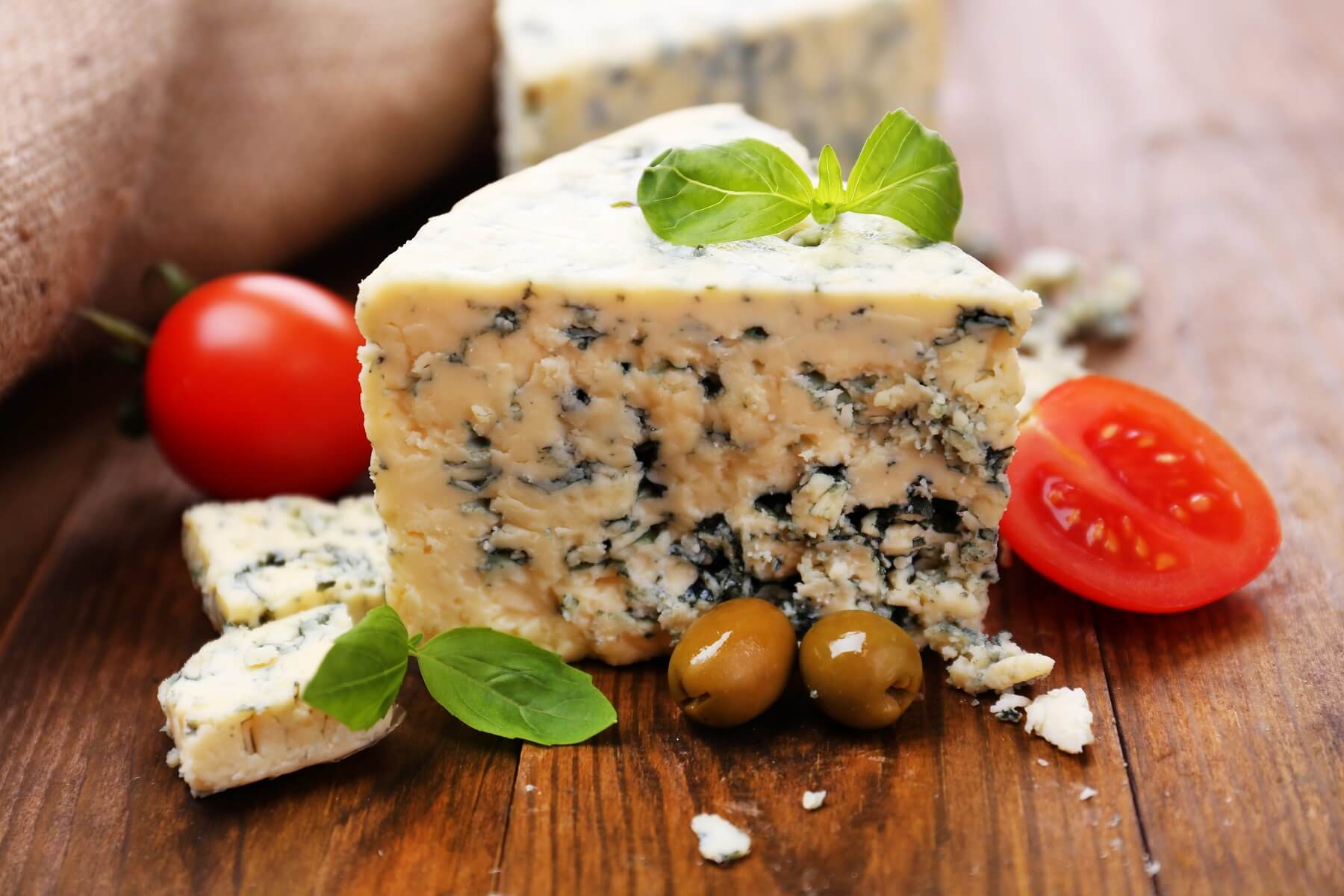
Falafels and Hummous
A good falafel sandwich is a thing of beauty. When I lived in Berlin, I ate little else but falafels from the city’s famous Turkish quarter, but found - as many others have - that chickpeas and foods made from chickpeas are really, really difficult to pair with wine.
Actually, my difficulty with this is possibly because I was falling for another old wine myth - that you should match your wine according to the colour of your food. Because my hummous was pale in colour, I was looking for a white wine. However, I found both the acidity of my favourite whites completely at odds with the richness of the chickpeas and tahini, and the fruitiness of other white wines just wasn’t working well at all. When I tried it with a Beaujolais - voila! I’d found my match.
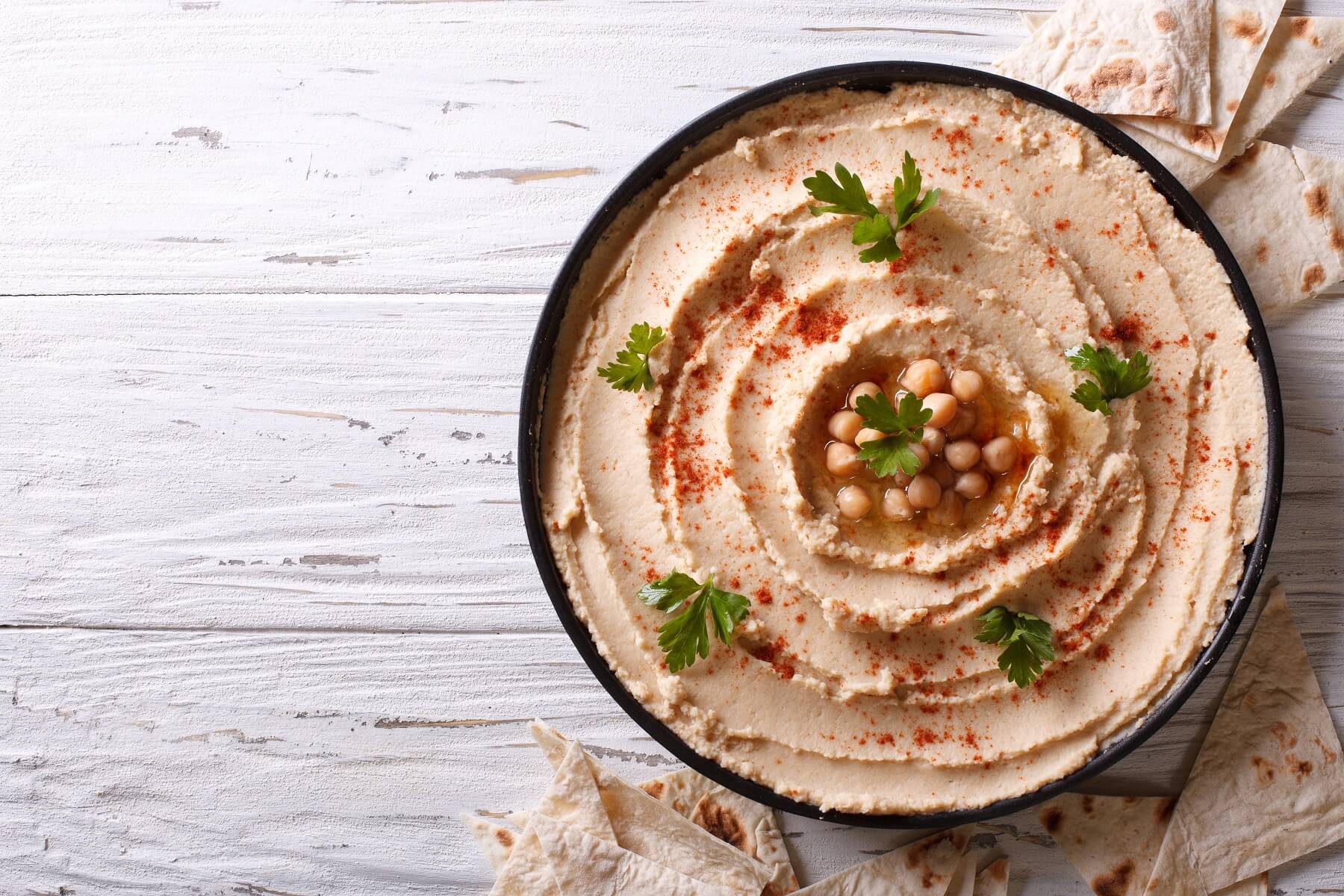
Tomato
The humble tomato - staple fruit and a favourite of the whole world’s cuisine… it’s a real bugger to pair with wine! It’s something to do with that combination of acidity and sweetness, again, that makes it a challenging ingredient to work with; whether you’re eating a pizza, a tomato-based salad, or a dish with a rich tomato sauce most combinations just seem to fall flat on the palate.
While a lot of tomato-based Italian dishes (including pizza) work pretty well with a bright, zingy Sangiovese, I think the safe option is always to opt for a dry rosé wine, like one from Provence. A light-to-medium body, a good bit of acidity, and some residual sugars seem to do the trick nicely.
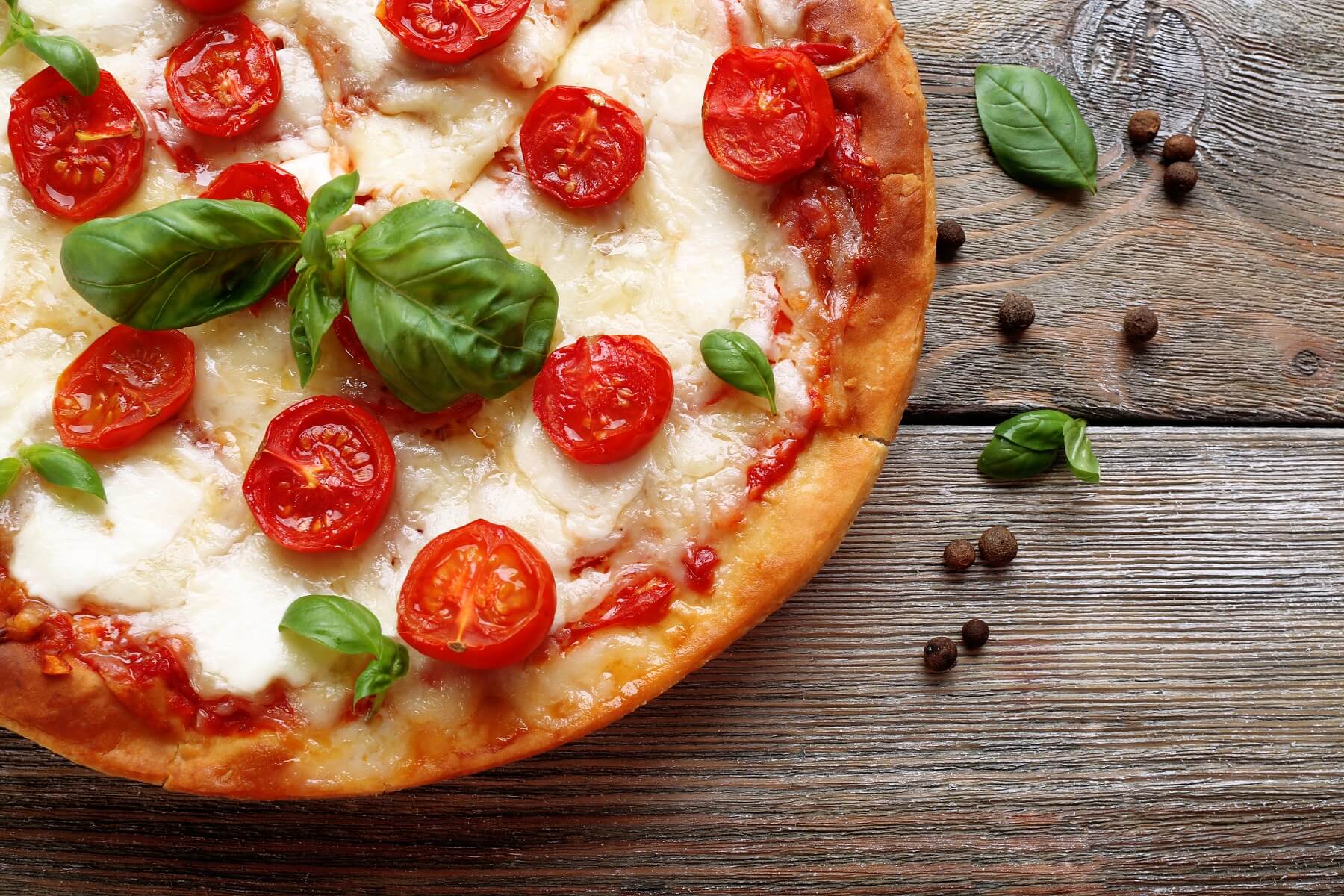
So there you have it -- our easy-to-digest food and wine pairing guide to help you pair problem foods with their matching wine solutions.
Now, onto our favourite part (which is drinking the wine).. Give our palate profile quiz a whirl to get three bottles recommended just for your unique palate! Just click the link below.
Next up: Take our Wine Palate Quiz and we'll match your personal tastes to our top three recommended bottles just for you
Do you know your wine personality? If your answer is no, take our quiz to find out which wines to pick up next and build your box!
Build my box





